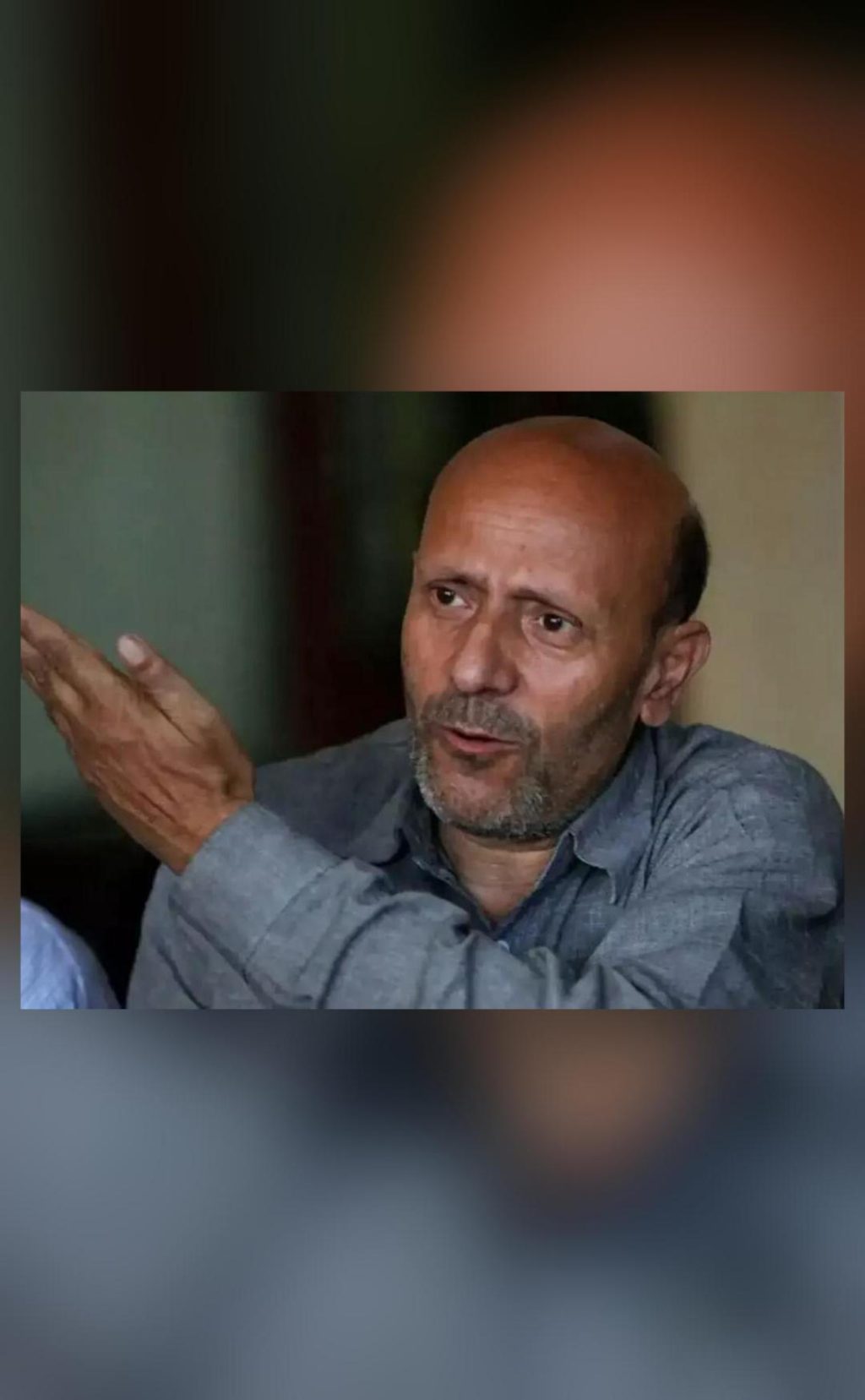
Jailed J&K MP Engineer Rashid gets parole to attend Parliament
In a significant development, the Delhi High Court has granted a two-day custody parole to jailed Baramulla MP Engineer Rashid, allowing him to attend the ongoing budget session of Parliament. The court’s decision comes as a respite to the Kashmiri politician, who is currently facing trial in a terror funding case.
According to the court order, Engineer Rashid will be escorted by police during his parole period, which begins from February 11 and ends on February 13. The court has also imposed several conditions on him, including a ban on using phones, the internet, and speaking to media or anyone else.
Engineer Rashid, a Peoples Democratic Party (PDP) leader, has been behind bars since September 2017, when he was arrested by the National Investigation Agency (NIA) in connection with a terror funding case. The case was registered under the Unlawful Activities (Prevention) Act (UAPA) and the Indian Penal Code (IPC).
The politician has been vocal about the issues in Jammu and Kashmir, particularly the situation in the Valley, which has been reeling under a prolonged political and economic crisis. His arrest and subsequent imprisonment have been widely criticized by many, who have called for his immediate release.
The Delhi High Court’s decision to grant Engineer Rashid parole to attend Parliament is a significant development in his case. The court’s order suggests that the authorities have taken cognizance of the politician’s right to participate in the legislative process, despite being in jail.
It is worth noting that Engineer Rashid’s parole comes at a time when the budget session of Parliament is underway. The session is crucial, as it will decide the fate of several key bills, including the Union Budget. The Kashmiri politician’s participation in the session is expected to add a new dimension to the debates and discussions.
The court’s decision has also sparked a debate about the treatment of politicians in India. Many have questioned the wisdom of keeping a parliamentarian behind bars, especially when he has not been convicted of any crime. The case highlights the need for a relook at the way politicians are handled by the law enforcement agencies in the country.
In recent years, there have been several instances of politicians being arrested and jailed on charges of corruption, terrorism, and other crimes. While the law must take its course, many have argued that the treatment of politicians should be different from that of ordinary citizens. After all, politicians are elected representatives of the people, and their role is to make decisions that affect the lives of millions.
The case of Engineer Rashid is a stark reminder of the challenges facing democracy in India. The arrest and imprisonment of a parliamentarian, despite his protests of innocence, raises questions about the state of democracy in the country. It also highlights the need for a more nuanced approach to dealing with politicians who are accused of wrongdoing.
In conclusion, the Delhi High Court’s decision to grant Engineer Rashid parole to attend Parliament is a significant development in his case. The court’s order is a reminder of the importance of upholding the rule of law, while also ensuring that the rights of citizens are protected. As the country moves forward, it is essential that we strike a balance between upholding the law and protecting the rights of individuals, including politicians.






